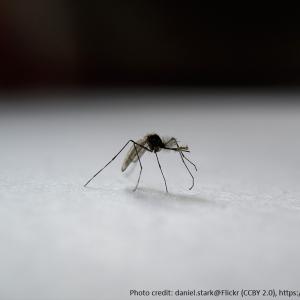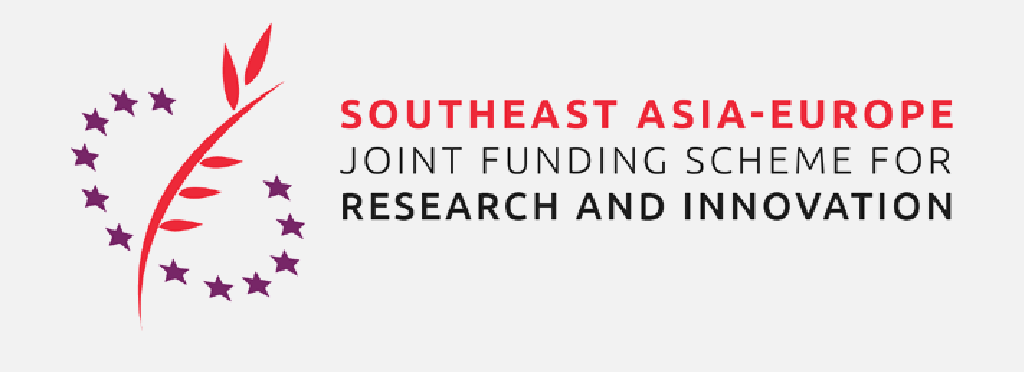
1st Joint Call: DeZi Project
Background:
Dengue and Zika are viruses spread through mosquito bites which can cause serious illness and even death. They are highly prevalent both in Southeast Asia, with an estimated 390 million dengue infections worldwide every year.[1] The number of outbreaks for both viruses is increasing every year, and recent cases of Zika outbreaks in French Polynesia and Brazil in 2013 and 2014 made news around the world. As of 2016, the WHO has declared ZIKV infection is a Public Health Emergency of International Concern.
There is currently no specific treatment for either the Dengue or Zika viruses. A Zika vaccine is yet to be discovered, while despite two decades of dengue vaccine development, only one vaccine has been licensed in a few countries, which not cover all 4 types of the virus, and cannot be used by all ages – leaving those under the age of 9 or over 45 at risk.
The Project:
The DeZi project aims to address this issue by proposing new concepts for vaccine development. It hopes to addresses the bottleneck of flavivirus vaccine development starting from the hypothesis that development of these vaccines should be based on an integrative approach by studying cross-reactivity among flaviviruses.
To do this, the project team will firstly transfer technology of DNA vaccine production from France to Thailand. Once in place, they will aim to demonstrate that their vaccine protects against dengue virus.
The Science:
The researchers believe that a more efficient dengue vaccine should contain either T-cell epitopes or both B-and T-cell epitopes. The best animal model for prediction of vaccine efficacy should demonstrate its protection against the effect of ADE, not only primary infection.
This would prevent imbalanced immunity among the four serotypes upon tetravalent live attenuated dengue vaccine. In addition, these T cells epitopes will allow us to create a single component vaccine composed of multiple Dengue & Zika epitopes (4DZVx), which will cover concurrently the four DENV serotypes and ZIKV at the same time.
The team hypothesise that balanced immunity against all four DENV serotypes and ZIKV with a protective T cell response can prevent the risk of ADE. The 4DZVx will include the T cell component of the anti-DENV and -ZIKV response. Ideally, the T-cell response will protect against the adverse effect of ADE due to pre-existing antibodies induced following primary infections as occurring in endemic countries.
The Team:
The DeZi partners are:
- Bionet Asia, Bangkok, Thailand, http://www.bionet-asia.com
- St. Luke’s College of Medicine, Manila, Philippines, http://stlukesmedcollege.edu.ph/
- Institut Pasteur Cambodia, Phnom Pehn, Cambodia, http://www.pasteur-kh.org
- Institut Pasteur, Paris, France, https://www.pasteur.fr/fr
- InCellArt, Nantes, France, http://www.incellart.com
Contact:
Anavaj Sakuntabhai: anavaj@pasteur.fr
[1] https://www.webmd.com/a-to-z-guides/dengue-fever-reference#1

